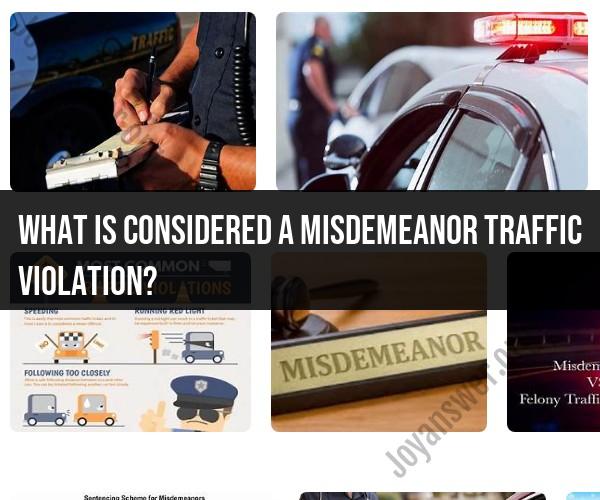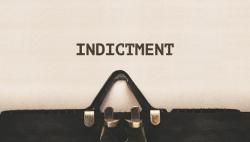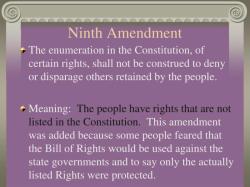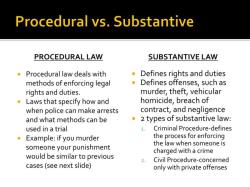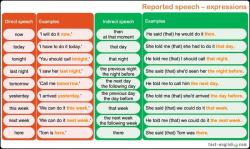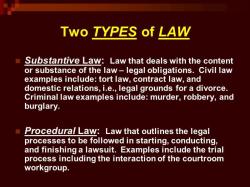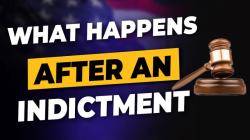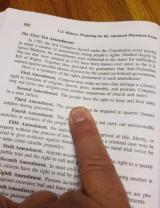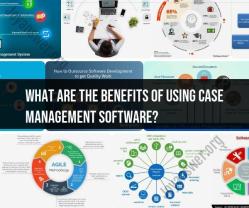What is considered a misdemeanor traffic violation?
A misdemeanor traffic violation is a type of criminal offense that typically involves a minor traffic-related infraction or violation of traffic laws. Misdemeanor traffic violations are more serious than typical non-criminal traffic infractions (e.g., speeding tickets) but less severe than felony traffic offenses (e.g., vehicular manslaughter). The exact classification of misdemeanor traffic offenses can vary from one jurisdiction to another, but common examples include:
Reckless Driving: Reckless driving generally involves operating a vehicle with a willful and wanton disregard for the safety of others. It may include behaviors like excessive speeding, aggressive driving, or other dangerous actions on the road.
Driving Under the Influence (DUI/DWI): Driving under the influence of alcohol or drugs, often referred to as DUI or DWI, is considered a misdemeanor traffic violation in many jurisdictions. This offense involves operating a vehicle while impaired by alcohol or drugs.
Driving with a Suspended License: If you operate a vehicle when your driver's license has been suspended or revoked, it can result in a misdemeanor traffic violation.
Hit and Run (Leaving the Scene of an Accident): Leaving the scene of an accident without providing required information or rendering assistance is considered a misdemeanor traffic offense.
Driving Without Insurance: Operating a vehicle without proper auto insurance coverage may lead to a misdemeanor traffic violation in some areas.
Excessive Speeding: In some jurisdictions, excessive speeding (e.g., significantly exceeding the posted speed limit) can be classified as a misdemeanor traffic violation.
Running Red Lights or Stop Signs: Repeated or egregious violations of traffic signals, such as running red lights or stop signs, can lead to misdemeanor charges.
Reckless Endangerment: Engaging in behaviors that put others at risk, such as street racing, may result in a misdemeanor traffic violation for reckless endangerment.
The specific classification, penalties, and legal consequences for misdemeanor traffic violations can vary widely from one state or country to another. Penalties for misdemeanor traffic offenses often include fines, probation, suspension of driving privileges, mandatory traffic school, and, in some cases, jail time.
If you are facing charges for a misdemeanor traffic violation, it's important to consult with a qualified attorney who specializes in traffic law in your jurisdiction. They can provide guidance on how to handle your case and advocate on your behalf in legal proceedings.
Understanding Misdemeanor Traffic Violations
A misdemeanor traffic violation is a minor traffic offense that is punishable by up to one year in jail and/or a fine of up to $1,000. Misdemeanor traffic violations are less serious than felony traffic violations, which can result in more severe penalties, such as imprisonment for more than one year.
Common Examples of Misdemeanor Traffic Offenses
Some common examples of misdemeanor traffic offenses include:
- Speeding
- Reckless driving
- Driving under the influence of alcohol or drugs (DUI/DWI)
- Driving without a license
- Driving with a suspended or revoked license
- Failing to stop at a red light or stop sign
- Following too close
- Driving the wrong way down a one-way street
- Making an illegal U-turn
- Passing in a no-passing zone
- Parking in a handicapped spot without a permit
- Littering from a vehicle
Penalties and Consequences for Misdemeanor Traffic Violations
The penalties and consequences for misdemeanor traffic violations vary from state to state. However, some common consequences include:
- Fines
- Points on your driver's license
- A suspension or revocation of your driver's license
- Increased insurance rates
- A criminal record
Legal Representation and Defense for Traffic Misdemeanors
If you have been charged with a misdemeanor traffic violation, it is important to consult with an attorney to discuss your options. An attorney can help you to understand the charges against you and to develop a defense strategy.
There are a number of different defenses that may be available to you, depending on the specific facts of your case. For example, you may be able to argue that you were not actually guilty of the offense, or that there were extenuating circumstances.
Strategies for Avoiding and Resolving Misdemeanor Traffic Charges
The best way to avoid misdemeanor traffic charges is to obey the traffic laws. However, if you are charged with a misdemeanor traffic violation, there are a number of things you can do to resolve the charges:
- Pay the fine and accept the points on your driver's license. This is the simplest and easiest way to resolve the charges, but it may not be the best option if you are concerned about your driving record or your insurance rates.
- Attend traffic school. In some cases, you may be able to attend traffic school to avoid getting points on your driver's license. However, you will typically have to pay a fee to attend traffic school.
- Fight the charges in court. If you believe that you were not actually guilty of the offense, or that there were extenuating circumstances, you can fight the charges in court. However, this can be a complex and time-consuming process.
If you have been charged with a misdemeanor traffic violation, it is important to consult with an attorney to discuss your options. An attorney can help you to understand the charges against you and to develop the best strategy for resolving the charges.
